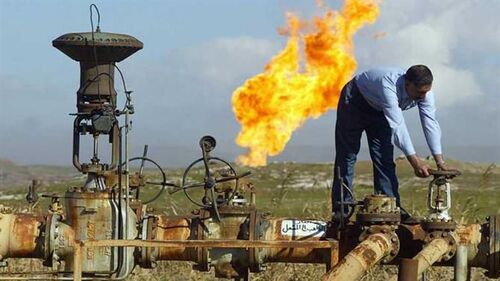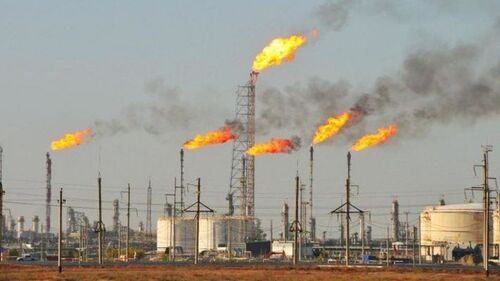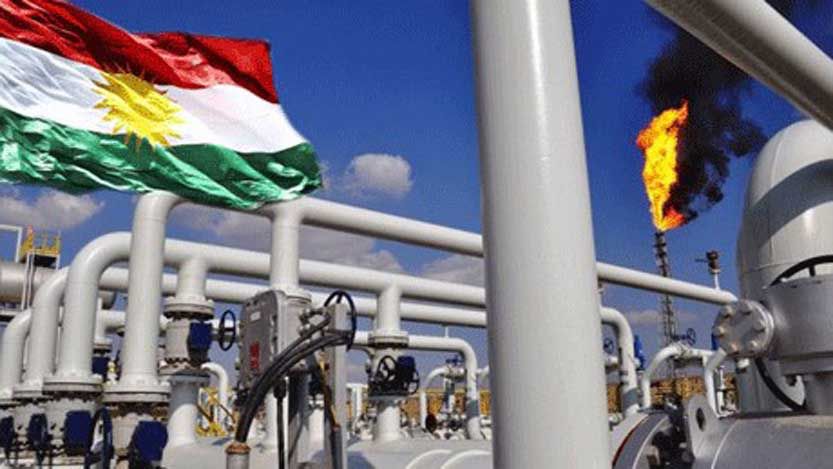Hani
The Kurdistan Region industry has had a major development in recent years. The industry relies on the production of materials and mixing them to provide better products so that it can best meet human needs.
Industry has an ancient history in the world, but after the Industrial Revolution in Britain, it spread to European countries, and then to the world. After a while, it underwent a significant improvement in the method of manufacturing.
The most important factors that played a role in establishing and stabilizing the industry separately or totally are:
1. Raw materials
2. Energy sources
3. Capital
4. Market
5. Labor forces
6. Transportation
7. The governments' policies
These principles can be found altogether rarely.
With regard to the industry in the Kurdistan Region, it can be said that there were a few basic industries in this region until the beginning of the twentieth century.
The experts classify industry in the Kurdistan Region into two groups:
The fundamental infrastructure industries such as; electricity energy, iron and steel, oil refinery, Sulphur, and cement.
The practicable industries such as; food, shoes, houseware, clothes, etc.

The industrial factories working in the Kurdistan Region are divided into three groups small, medium, and large ones.
The Large and Fundamental Industries
Petrochemical Industry: The beginning of this industry in the Kurdistan Region goes back to the oil discovery. It consists of two industries itself.
1. The oil-relied industries in the Kurdistan Region, that are established based on petroleum extraction and its refinery. These establishments are located in various geographical parts. The most prominent refineries are:
a) Alwand Oil Refinery: It is the first refinery establishment in the Kurdistan Region and Iraq that was built in 1927 and it has a capacity of 6000 tons per year. Alwand Oil Refinery is located in the Khanaqin oil fields. Khanaqin district possesses 34 oil wells.
b) Kirkuk Oil Refinery: This refinery was established near the Baba Gurgur oil field in 1929 and has an annual production capacity of 150 thousand tons of crude oil for the production of kerosene, fuel oil, gasoline, and black oil. In 1977, the refinery expanded and increased its production capacity.
c) Suleimani Oil Refinery: After the 1991 uprising and the liberation of a part of Kurdistan Region land and the establishment of the Kurdistan Regional Government for the first time in 1993, the presidency of the Kurdistan Government's Council of Ministers established two committees for oil extraction. One was for Shiwashok and the second was for the establishment of a refinery in Suleimani. This refinery began to work in 1996 for the first time after oil was transported to it. In addition to this, several smaller refineries were established in other areas such as Bazyan, Baynjan, and Piramagroun.
d) Koya Oil Refinery: This refinery is also located in the Southern part of Kurdistan near the Koya district. It has a capacity of 70 thousand barrels per day.
e) Kawargosk Oil Refinery: It is located in the Kawargost region near Khabat city of Hawler (Erbil) Province. It is the largest refinery in the Kurdistan Region that was established after the Ba'ath Regime and Saddam Hussein collapsed by the Kurdistan Region Government with the participation of a private sector. It can provide a large part of Kurdistan's local gasoline needs.

These industries rely on oil and natural gas products and are known to require a lot of capital, advanced technology, machinery, and tools. Although the Kurdistan Region is one of the crude oil and gas facilities, there are not many factories related to this field. This is due to the policy of previous Iraqi governments and the cost of obtaining equipment, but here two of those factories will be mentioned.
1. Natural Gas: It is one of the main materials of the petrochemical industry. Although thousands of tons of it are burned to smoke (especially in Kirkuk), however, they could have used it for electricity production on the small Zab River.
2. Refining Sulphur from Natural Gas: This project is located on the west of Kirkuk city. The factory has the capacity of 88 million cubic feet of natural gas in order to produce 100 thousand tons of matches per day, 42 million cubic feet of dry natural gas, and 18 thousand barrels of liquid gas.
There are a lot of factories and attempts for production in the Kurdistan Region which is due to the existence of a large amount of raw material in Kurdistan.









